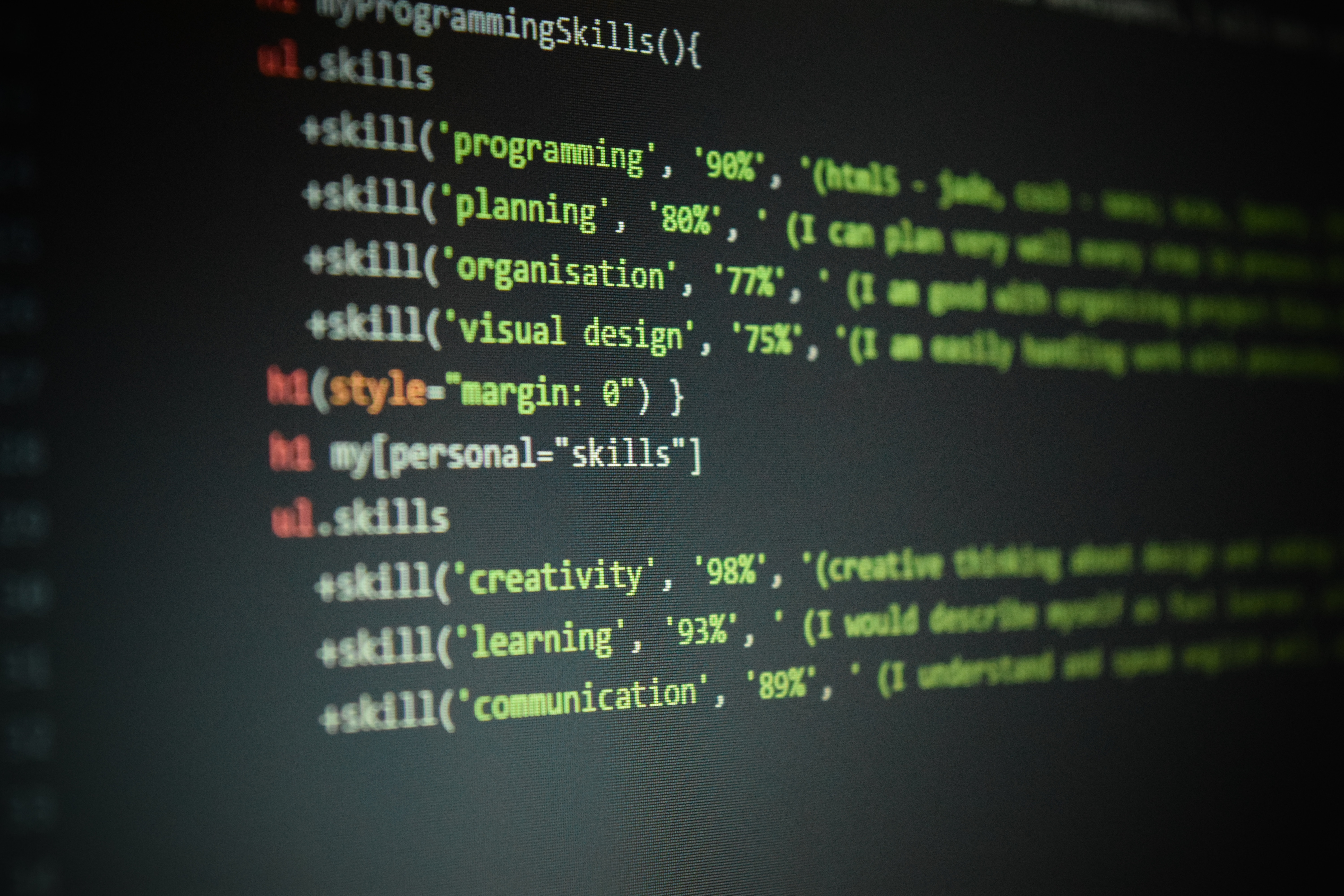Entrepreneurs of startups, developers and ‘hacktivists’ suggest that in the near future, programming will become a daily digital necessity as today it is to know how to send an email.
Since the advent of computers, technological developments have been based on programming. With technical advances it is unknown what the future of this discipline will be.
While for some people learning to create code is synonymous with the future or with job success, for others it is a knowledge that some people learn and could be replaced by more intelligent machines.
For Santiago Liñán, member of Design Lab, a research group on application development at the University of Los Andes, when you know how to program, you learn to transform ideas into codes susceptible to being interpreted by a computer, which in your words, it is “a way of communicating that allows us to understand the world, the one that currently works with technology”.
In principle, there are several programming languages, which share a mathematical logic. Some make it possible for a computer to send commands of physical movements, such as the displacement of a robot inside a race track, and others are dedicated to logical functions, such as the solution of equations.
Julián Arbeláez, video game developer, points out that one of the main reasons why someone should learn the language of computing in their lives is because it allows them to apply those same logic processes in everyday life.
According to Arbeláez, when beginning to program, people begin to think differently and analyze situations from other perspectives.
When programming, you have to take into account many factors, because sometimes when a code does not work is because a simple detail was overlooked and that is something that also happens in life.
In this coincides Camilo Escobar, who is also part of the Design Lab team. Escobar states that programming teaches basic logic, and therefore, provides tools for decision making.
For his part, Freddy Vega, CEO of Platzi, a Colombian platform for virtual courses, states that there is a scenario with a strong tendency towards automation, which implies that more programmers are required.
“The biggest explosion of demand of any other career in history is that of the programming career, this does not mean that everyone should be a professional in it, but I think if everyone should know how to do it” says Vega.
According to figures from the Colombian Federation of the Software and Information Technology Industry (Fedesoft), in the country there is a deficit of professionals in programming, which is estimated to be 70 thousand by 2019.
Vega also points out that the way in which the traditional academy teaches how to program makes people afraid of it.
In fact, there is a belief that programming is a matter of engineers and exclusively of people with an affinity for mathematics.
Faced with this, Diana Solano, systems engineer, argues that there is a great availability of tools to learn how to program.
“Anyone can learn to create code because there are an infinite number of languages that make the approach to practice easier.” For example, says the young woman, there are tools that teach how to program by dragging boxes and creating diagrams with actions. Some experiences such as Scratch, created by MIT, or Barbie You Can Be Anything, created by Mattel and the Tynker education platform, seek to bring these spaces closer to children.
In this order of ideas, the mathematician Jorge Alberto Olarte believes that “one can live perfectly without having ever done a ‘hello world’ (traditional greeting among developers), but it is good to know how to program to know better how the world works”.
Olarte, argues that the IT industry is in a moment of great growth and that the data represent a great opportunity.
Nowadays the most valuable thing is Big Data and the people who know how to use it.
Currently, technology giants, like Google, try to recruit the best programmers in the world, even with unconventional methods.
That was the case of Max Rosett, a computer science student who in 2015 managed to get the company’s attention by writing “python lambda function list comprehension” in the Google search engine. On his screen appeared the message: “You speak our language, ready for a challenge?”. The young man came to Foo.Bar, the tactic of recruiting programmers used by Google, which is only accessible by invitation. After solving a series of challenges, the company made a job proposal.
With machines such as Alpha Go Zero, which learned to play Go alone, the millennia-old discipline that is more complex than chess, and other advances in machine learning, one can believe that the day will come when learning a language is a bit obsolete. However, as the co-founder of Platzi would say, “the only way to survive in a fully automated world is to never stop learning”.

